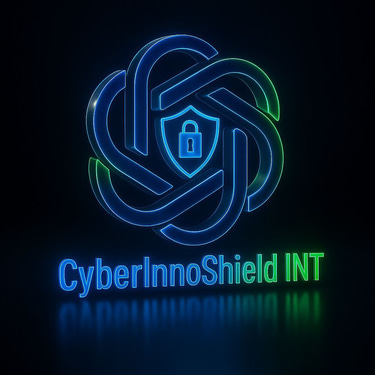Add your promotional text...
Social Media Security for SMEs: Best Practices to Protect Your Brand
Social media is no longer just a place to post updates and interact with customers; it’s an integral part of your business strategy. For small and medium-sized enterprises (SMEs), social media platforms like Facebook, Instagram, LinkedIn, and Twitter offer valuable opportunities to engage with customers, drive traffic, and boost sales. However, with this increased use comes a growing risk of cyberattacks that could compromise your social media presence, steal valuable data, or harm your brand reputation.
BLOGS
3/14/20255 min read
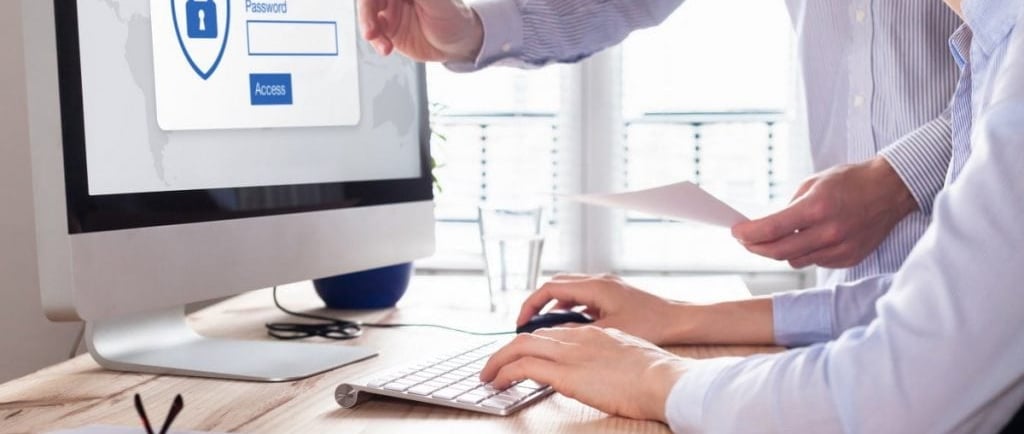

For SMEs, maintaining strong social media security is crucial not only to protect sensitive business data but also to build and preserve trust with your customers. In this blog, we will explore the best practices SMEs can adopt to enhance the security of their social media accounts and safeguard their online presence.
The Growing Threat to Social Media Accounts
While social media accounts are vital for business success, they are also prime targets for cybercriminals. Cyberattacks on social media accounts are becoming more sophisticated, and SMEs are particularly vulnerable to these attacks because they often lack the resources to implement advanced cybersecurity measures.
Here are some of the most common threats that SMEs face on social media:
Account Takeovers: Hackers can gain control of social media accounts by stealing login credentials and then use them for malicious activities such as posting fraudulent content or sending phishing messages to your followers.
Phishing and Social Engineering: Cybercriminals use social media to launch phishing attacks, often pretending to be your business or a trusted partner, in an attempt to steal sensitive information from your followers or employees.
Reputation Damage: Hackers or malicious users may impersonate your business or spread damaging content from your social media accounts. This can lead to a loss of customer trust, legal consequences, and long-term damage to your brand.
Data Leaks: Social media platforms often store valuable customer information, which can be targeted during a breach. If hackers gain access to this data, it could lead to privacy violations, financial losses, and regulatory penalties.
Given these threats, securing your social media accounts is an urgent and necessary step for protecting your business’s assets and reputation.
Best Practices to Secure Your Social Media Accounts
Here are essential practices SMEs should implement to protect their social media accounts from cyber threats:
1. Use Complex and Unique Passwords
Passwords are the most common way that cybercriminals gain access to social media accounts. To minimize the risk of an attack, make sure to use strong, complex passwords that are difficult to guess. Avoid using easily guessable information such as the company name, birthdates, or common phrases.
Your passwords should:
Be at least 12 characters long
Include a mix of uppercase and lowercase letters, numbers, and symbols
Be unique for each social media platform (don’t reuse passwords)
Consider using a password manager to securely store your passwords and generate strong ones. This will help you manage your login information and ensure that your accounts are protected with the highest level of security.
2. Enable Two-Factor Authentication (2FA)
Two-factor authentication (2FA) is one of the best ways to add an extra layer of security to your social media accounts. With 2FA enabled, even if a hacker manages to steal your password, they will still need access to your second form of identification (such as a one-time code sent to your phone or email) to log in.
Most major social media platforms—such as Facebook, Instagram, LinkedIn, and Twitter—offer 2FA for free. Make sure to enable it across all your social media accounts to make unauthorized access much more difficult for attackers.
3. Limit and Control Access to Your Accounts
If your social media accounts are managed by a team, it’s essential to control who has access and what permissions they have. Granting full administrative privileges to too many people increases the risk of a security breach. Instead, assign roles with limited permissions based on what each person needs to do.
For example, on Facebook, Instagram, and Twitter, you can assign roles such as “Admin,” “Editor,” or “Moderator.” This ensures that only trusted team members can perform critical actions, like changing account settings or deleting posts.
Additionally, ensure that only a few people have access to sensitive features, such as the ability to change passwords or recovery settings.
4. Review Account Activity and Notifications Regularly
Social media platforms offer tools to track and review your account’s activity. Regularly monitor login sessions, post histories, and recent actions to spot any suspicious activity.
Many platforms also allow you to receive notifications for new logins or changes made to your account. For example, Facebook will notify you if a login occurs from an unrecognized device. Setting up these notifications can help you respond quickly if an attack occurs.
If you notice any unfamiliar activity or devices, change your password immediately and investigate further.
5. Educate Your Employees and Team Members
Your team is one of your greatest assets when it comes to social media security. A well-trained team can help protect your business from cyber threats and reduce the risk of human error. Regularly train employees on how to identify phishing scams, avoid suspicious links, and recognize malicious content.
Additionally, remind your team to practice good cybersecurity hygiene, such as using strong passwords, logging out after using social media accounts, and being cautious about what they share online.
6. Beware of Third-Party Tools and Apps
Many businesses use third-party tools and applications to manage their social media presence. These tools can help schedule posts, track analytics, or manage customer interactions. While they can be incredibly useful, they also pose a security risk if not properly vetted.
Before connecting any third-party tool to your social media accounts, make sure it’s from a reputable source. Limit the access and permissions granted to third-party applications, and regularly audit the apps you’re using to ensure they don’t have unnecessary access to sensitive information.
7. Backup Your Social Media Accounts
Backing up your social media content is an often-overlooked aspect of account security. In the event of a cyberattack, having a backup of your posts, photos, and videos ensures you don’t lose valuable content.
Many social media platforms, including Facebook, Instagram, and Twitter, allow you to download your content and back up important data. This can be especially useful if your account is hacked or if you need to restore content after a security breach.
8. Monitor and Respond to Negative Activity Quickly
Cybercriminals sometimes impersonate businesses or customers on social media. They may post fake reviews, comments, or messages to damage your reputation. Make sure to regularly monitor your accounts and respond quickly to negative or suspicious activity.
Having a crisis communication plan in place is also essential in case your business experiences a social media attack. Knowing how to respond quickly and professionally will help mitigate the damage and restore customer trust.
Conclusion
Social media is a powerful tool for SMEs, but it also comes with significant security risks. Cybercriminals constantly target businesses on social media platforms, aiming to steal data, spread misinformation, or damage reputations. As an SME, securing your social media accounts should be a top priority to protect your brand, customers, and business assets.
By implementing these best practices—such as using strong passwords, enabling two-factor authentication, limiting access, and monitoring account activity—you can significantly reduce the risk of a social media security breach. Stay vigilant and proactive, and your business will be well-positioned to thrive in the digital age.
At CyberInnoShield International, we specialize in helping businesses secure their online presence. Contact us today to learn more about how we can protect your social media accounts and keep your business safe from cyber threats.
Telephone: +1 703-909-5383
Email : contact@cyberinnoshield.com


Our Parterns
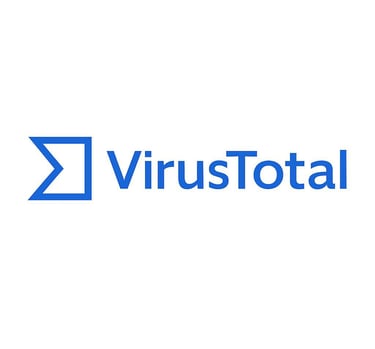

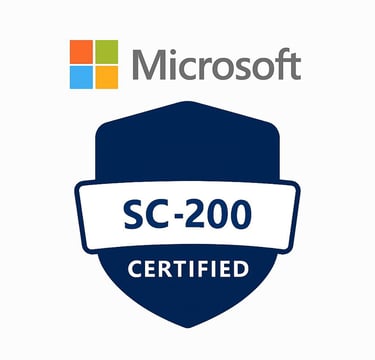

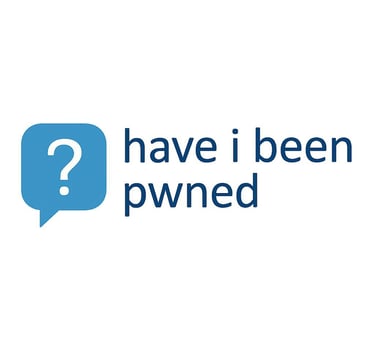

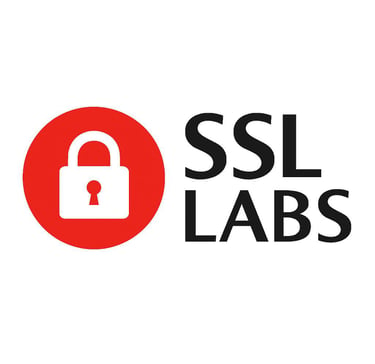

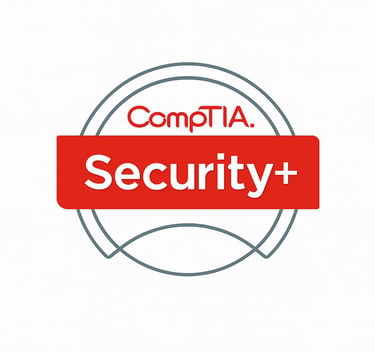

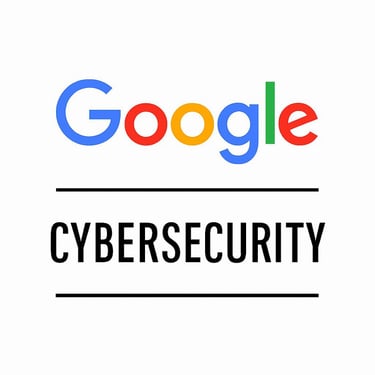

© 2025. All rights reserved.
